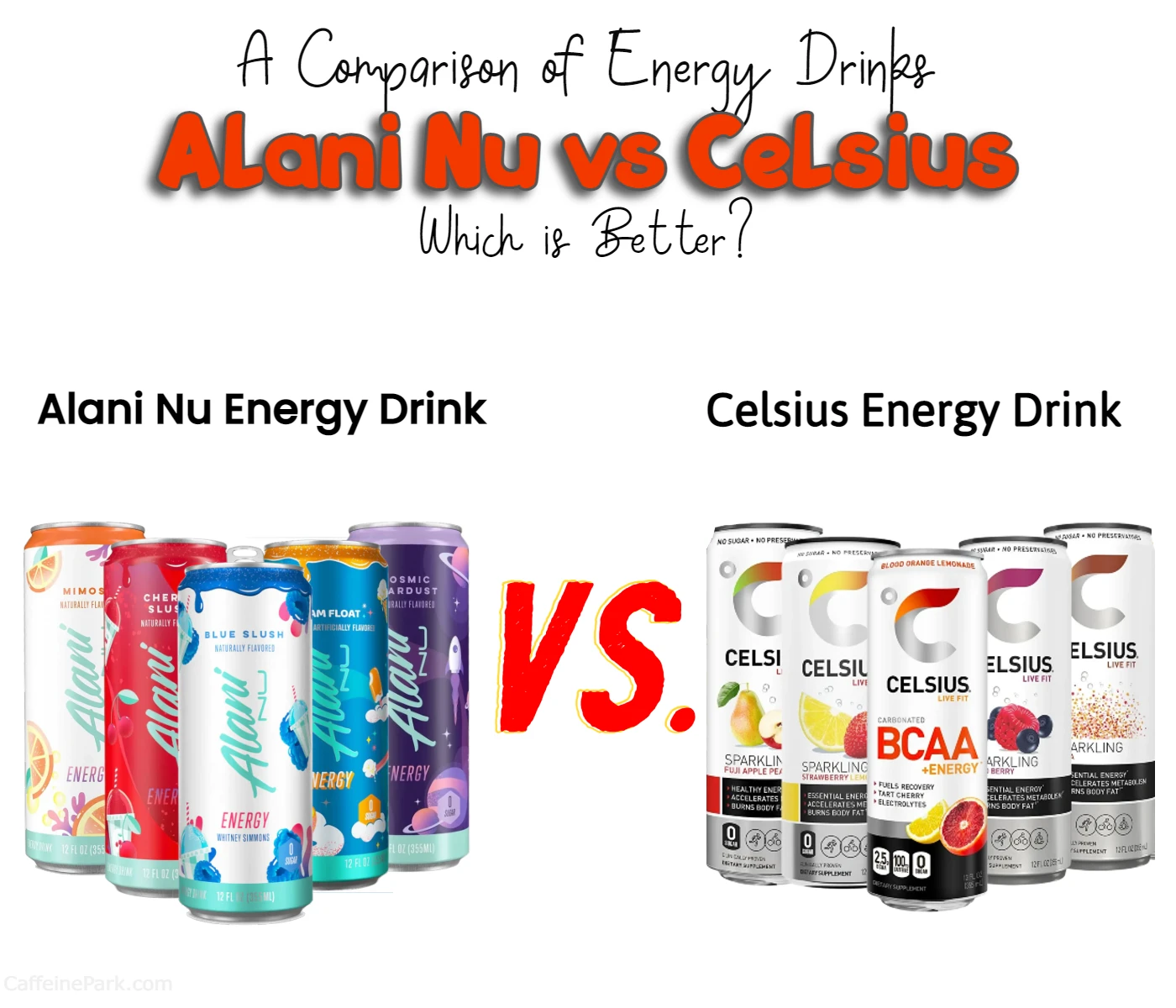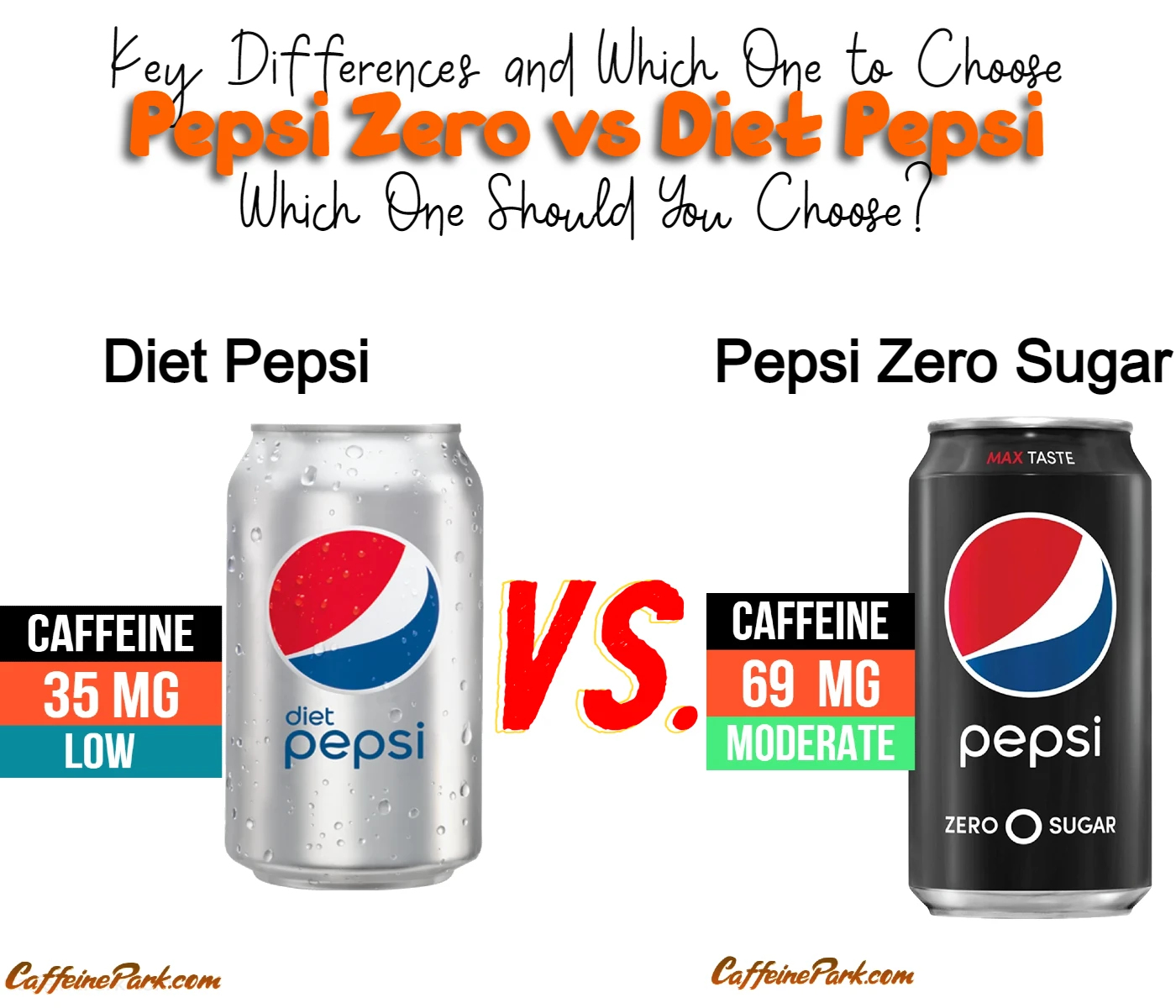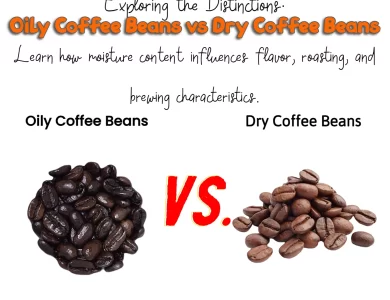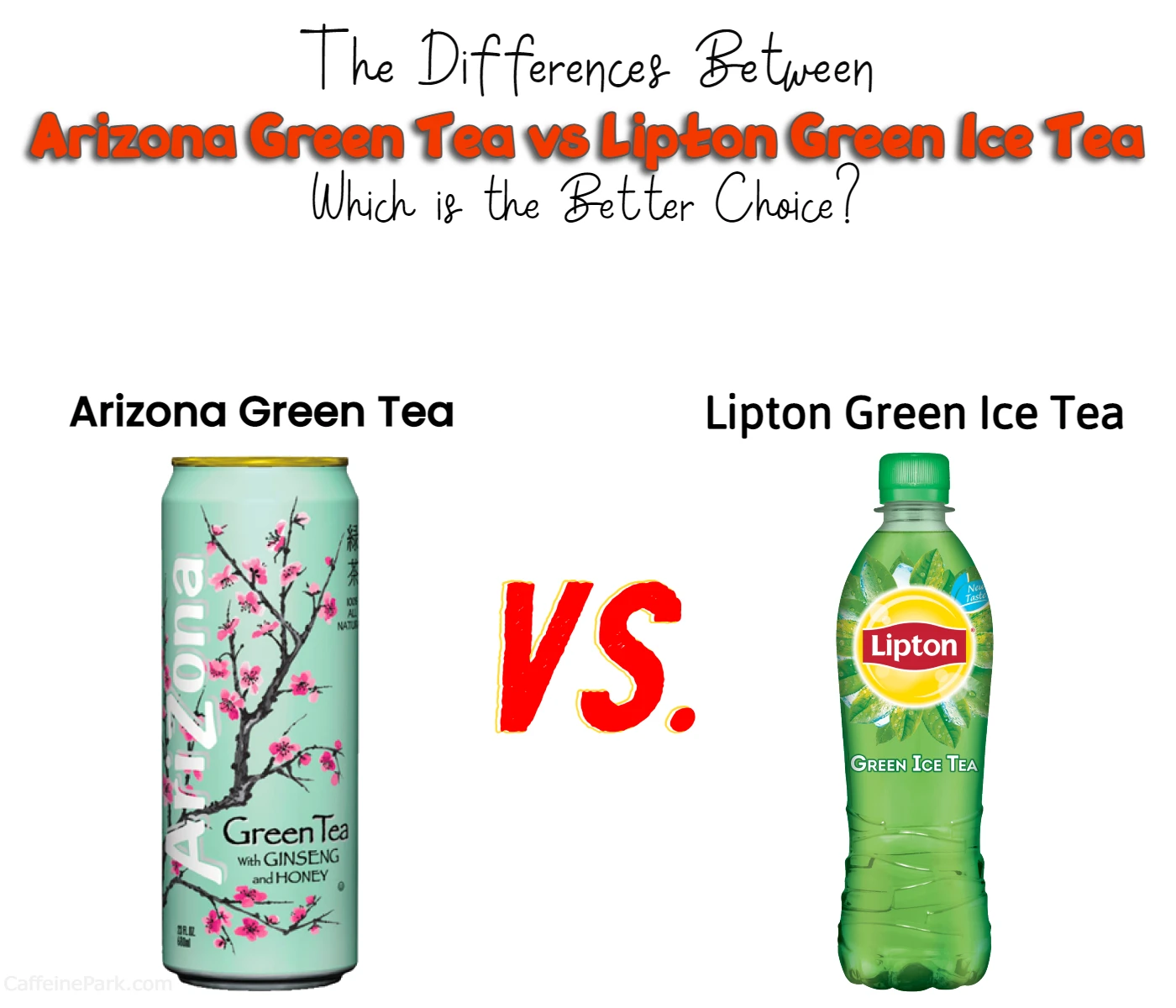
Welcome to my blog where we’ll be exploring the differences between oolong tea and white tea. As tea lovers, we know that choosing the right type of tea can make all the difference in our experience. Oolong tea and white tea are two popular types of tea that offer unique flavors and potential health benefits. Understanding their differences can help you choose the right one for your taste buds and health needs.
Oolong tea and white tea may come from the same plant, Camellia sinensis, but they are processed differently, resulting in distinct flavor profiles. White tea is made from young tea leaves and buds that are minimally processed and not oxidized, while oolong tea is made from leaves that are partially oxidized. This gives oolong tea a more complex flavor profile compared to white tea, with notes of nuttiness and toastiness. The flavor of white tea, on the other hand, is delicate and subtle, with hints of floral and sweet flavors.
Both types of tea offer potential health benefits, including antioxidants that may help reduce the risk of certain types of cancer. Additionally, white tea has been shown to be lower in caffeine than oolong tea, making it a good choice for those who are sensitive to caffeine. Ultimately, choosing between oolong tea and white tea comes down to personal preference, so why not try both and see which one you like best? Join me as we dive deeper into the differences between these two beloved teas and discover which one is the perfect fit for you. So, read till the end of my blog to learn everything you need to know about oolong tea and white tea.
Here’s a quick comparison chart between oolong tea and white tea:
| Feature | Oolong Tea | White Tea |
|---|---|---|
| Processing | Partially oxidized | Minimal processing, unoxidized |
| Flavor Profile | Complex, nutty, roasty | Delicate, subtle, floral/sweet |
| Caffeine Content | Moderate to high | Low |
| Antioxidants | High | High |
| Potential Benefits | May reduce the risk of some cancers | May improve skin health |
Note: Actual caffeine and antioxidant content may vary based on the specific variety and processing of the tea.
Differences between white tea and oolong tea
What is White Tea?
White tea is the least processed of all the tea types. It is made from the young buds and leaves of the Camellia sinensis plant, which are plucked before they are fully open. The buds and leaves are then withered and dried in the sun or indoors, which allows them to retain more of their natural flavor.
The name “white tea” comes from the silver-white hairs on the unopened buds of the tea plant, which give the tea a delicate, light flavor. White tea is typically brewed at a lower temperature than other teas, around 175°F, for about 2-3 minutes.
What is Oolong Tea?
Oolong tea is a semi-oxidized tea, which means it is partially fermented. The processing of oolong tea involves withering the leaves in the sun, then shaking them in bamboo baskets to bruise the leaves and release the natural oils. The leaves are then oxidized for a period of time, typically between 10-70% depending on the desired flavor and aroma, before being fired to stop the oxidation process.
The flavor of oolong tea can vary widely depending on the level of oxidation. Lightly oxidized oolong teas tend to be more floral and fruity, while heavily oxidized oolongs have a darker color and a nutty, roasted flavor. Oolong tea is typically brewed at a higher temperature than white tea, around 195-205°F, for 3-5 minutes.
Flavor Differences
As mentioned, white tea has a delicate, light flavor with subtle floral and fruity notes. It is often described as sweet and refreshing, with a clean finish. Because of its delicate flavor, it is best enjoyed on its own or with mild flavors that won’t overpower its subtle taste.
Oolong tea, on the other hand, has a much bolder flavor with a wider range of tastes depending on the level of oxidation. Lightly oxidized oolongs have a floral and fruity flavor, while more heavily oxidized oolongs have a nutty, roasted flavor with hints of caramel and honey. Some oolongs also have a creamy or buttery texture. Oolong tea pairs well with spicy and savory flavors, as well as sweets like chocolate and pastries.
Health Benefits
Both white tea and oolong tea offers a range of health benefits thanks to their high levels of antioxidants and other compounds. Here are some of the health benefits associated with each tea:
White Tea Health Benefits
- Lowers the risk of heart disease and stroke: White tea may help lower blood pressure and reduce the risk of heart disease and stroke thanks to its high levels of catechins and other antioxidants.
- Helps with weight loss: White tea may help boost metabolism and increase fat burning, making it a good choice for those looking to lose weight.
- Improves skin health: The antioxidants in white tea may help reduce the signs of aging and improve skin health.
Oolong Tea Health Benefits
- May lower the risk of type 2 diabetes: Oolong tea may help improve insulin sensitivity and reduce blood sugar levels, which can lower the risk of type 2 diabetes.
- May improve bone health: Oolong tea may help improve bone density and reduce the risk of osteoporosis thanks to its high levels of magnesium and other minerals.
- May reduce the risk of cancer: The antioxidants in oolong tea may help reduce the risk of certain types of cancer, including breast cancer and ovarian cancer.
It’s worth noting that while both white tea and oolong tea offer health benefits, they should be enjoyed as part of a healthy diet and lifestyle, and not relied upon as a cure-all for any health issues.
Caffeine Content
White tea typically contains less caffeine than oolong tea. As a general rule, white tea contains about 28 mg of caffeine per 8 fl oz cup, while oolong tea contains about 37 mg per 8 fl oz cup. However, it’s important to note that actual caffeine content can vary based on a variety of factors, including the specific variety and processing of the tea.
If you’re looking for a lower-caffeine option, white tea may be a good choice. However, it’s worth keeping in mind that the caffeine content of tea is generally lower than that of coffee, and the effects of caffeine can vary from person to person. If you’re particularly sensitive to caffeine, you may want to opt for an herbal tea or a caffeine-free option like rooibos tea.
Which One Should You Choose?
Choosing between white tea and oolong tea ultimately comes down to personal preference. If you prefer a delicate, light flavor with subtle floral and fruity notes, then white tea is the way to go. If you prefer a bolder flavor with a wider range of tastes, including nutty and roasted notes, then oolong tea is the way to go.
Both types of tea offer health benefits, but the specific benefits may vary depending on the type of tea and the individual. And if you are sensitive to caffeine, you may want to opt for a lightly oxidized oolong tea or a white tea and brew it for a shorter amount of time.
In summary, both white tea and oolong tea are delicious and healthy options for tea lovers. Whether you prefer a delicate, light flavor or a bolder, more complex taste, there is a tea out there for you to enjoy. So why not try both and see which one you like best?
Alternative to Oolong tea and White tea
If you’re looking for an alternative to oolong tea and white tea, there are plenty of other types of tea to explore. Here are a few options:
- Green tea: Green tea is unoxidized, like white tea, and is known for its grassy, vegetal flavor. It’s also high in antioxidants and may have potential health benefits.
- Black tea: Black tea is fully oxidized and has a stronger, bolder flavor than oolong or white tea. It’s also higher in caffeine.
- Herbal tea: Herbal teas are made from a variety of herbs, flowers, and spices and don’t contain any tea leaves. They come in a range of flavors and can offer a variety of health benefits depending on the ingredients.
- Rooibos tea: Rooibos tea is made from a South African herb and is naturally caffeine-free. It has a sweet, nutty flavor and is high in antioxidants.
- Pu-erh tea: Pu-erh tea is a fermented tea that can be aged for several years. It has a unique, earthy flavor and is said to have potential health benefits such as aiding digestion and reducing cholesterol.
There are many other types of tea to explore, each with its own unique flavor profile and potential health benefits. Don’t be afraid to try something new and see what you like best!
FAQs
The main difference between white tea and oolong tea is their level of oxidation. White tea is made from young tea leaves and buds that are minimally processed and not oxidized, while oolong tea is made from leaves that are partially oxidized. This gives oolong tea a more complex flavor profile compared to white tea.
Both white tea and oolong tea offer health benefits, but the specific benefits may vary depending on the type of tea and the individual. In general, white tea is higher in antioxidants and lower in caffeine compared to oolong tea. However, oolong tea has been shown to have potential benefits for weight management and reducing the risk of certain types of cancer.
In general, white tea contains less caffeine than oolong tea due to the young leaves and buds used in its production. However, the caffeine content of both types of tea can vary depending on the specific type of tea and how it is brewed.
Yes, you can mix white tea and oolong tea together to create your own unique blend of tea. The resulting flavor and caffeine content will depend on the proportions of each tea used.
White tea and oolong tea should be brewed at different temperatures and for different lengths of time. White tea should be brewed at a temperature between 160°F and 185°F for 1-3 minutes, while oolong tea should be brewed at a temperature between 180°F and 205°F for 2-5 minutes. It’s best to follow the brewing instructions provided with the specific type of tea you are using.
Read More:





